Notes From Tha Cove – Gladiators, We Salute You!
By Bill Boyles
This one is going to be a little strange. Nothing seriously bad happens to anyone, staff-inflicted or student-inflicted. No real, major or unusual injustices occur. This one is being written more as a way to get you into the mindset of Paradise Cove, hopefully to help you understand the mindless brutality that sets in when human beings, children, are treated like dogs on a daily basis. And we were treated like dogs. It extended all the way from obvious things like getting kicked when we were bad or being told to “Sit” all the way down to much more subtle things: when I arrived at Casa after 22 months in Paradise Cove, the first time I ate a meal I was struck speechless and spellbound by a very simple thing: a plate. I hadn’t even food off a plate in almost 2 years. Instead, food at Paradise Cove was dished out onto plastic cafeteria-style trays, no plates, and sometimes you got silverware and sometimes you didn’t. It may sound simple but eating off a tray, without a plate, sometimes with your hands…it gets in your head in the most subtle yet insidious way. Deep in the back of your brain, it tells you that you are an animal. This message is backed up and reinforced by all the other little things that add up into a torrent of signals that scream into your subconsciousness that YOU ARE AN ANIMAL! Sit, Stand, Speak, Lay Down, Bad Boy, Good Boy…pretty soon you start believing it. And that’s when you start acting like an animal. I don’t think a lot of program people like talking about this subject. I think it’s something they’d like to sweep under the rug. But it needs to be put out there because the stripping away of humanity is how these places, all of them, work…you are reduced to either an animal or a cog in the machine. The complaints of animals are irrelevant, and cogs don’t complain, they just do as they are told. I’m a little off track here but this is a point that bears some elaborating and harping upon so stay with me. When everyone is an animal, a pack mentality sets in. And in dogs that are in a pack, they compete for food, for attention, for pecking order…and so it was in Samoa.
We had a system for dealing with problems. When someone had beef with someone else, we would deal with just like dogs: we would fight. There was only one problem: fighting was against the rules. And so, like dogs misbehaving but fearing to be kicked, we slunk around and tried to hide what we were doing. It worked like this: if you had a problem with someone else, you called them out. They had two choices. They could roll over like a bitch (sorry for the pun but it was too good!), or they could scrap. And if they chose to fight, there was a way in which we went about it so no one was the wiser. No one from the staff, that is. I’m going to shorten this by telling the story I wanted to tell as an illustration as to the method as well. There was a kid named Mike in my family. And for some reason I could never quite put my finger on, I HATED him. I don’t know why, we just never hit it off I guess. Everything he did I found annoying and loathsome to an amazing degree, and I’m sure the feeling was mutual. So one day we got into it over some dumb thing or another, for the life of me I can’t remember what. But I do remember what came next. I called him out, right in front of everybody. I ranked him on levels, seniority, and in popularity (I think I was the family leader at this time), so this was the big dog calling out the young upstart. Hackles raised, tails back, lips drawn, teeth flashing. Grrrrrrrr. That’s when the Gladiator Fight protocol began. People in my family started looking out the window and commenting on the dark clouds coming. There were no dark clouds. It was sunny as hell. But with “rain” coming, we had the perfect excuse to lower the tarps that covered the windows, obscuring the family father’s view of the back and sides of the hut. As family leader it was my job to pick who would go lower the tarps, and of course I offered to go and nominated Mike to help me. We went to the back of the hut and lowered the hut. That’s when it began. There was a more or less unspoken rule that there was to be no hitting above the neck where ugly bruises could lead to even uglier questions. We bumped hands and began.
Now Mike and I had already gone at it once behind the school fale, but he cried foul because I had gone all hockey-player on him and pulled his shirt over his head right at the beginning and then started pummeling his kidneys. He told me later he was pissing blood for a week. So this was the rematch. I didn’t go for the shirt, instead we traded body blows but he quickly figured out that was not going to pay dividends for him. I had been there much longer and I was in great shape. Finally, in desperation, he lower his head and charged me, catching me at the waist. I punished his kidneys a little more, but then lost my balance and we fell backwards. Towards the side of the hut. And out out from behind the hut. Where the shift-leader just happened to be walking.
Ioka (Joker), the shift-leader, was a good guy. He hadn’t always been the shift-leader. He had used to be my family’s father and had recently received the promotion. He liked me. And that’s the only reason Mike and I didn’t get restrained and put into Iso right there on the spot. See, in WWASP programs, there were tons and tons of rules. So many rules, in fact, that a thing was often against more than one rule at a time, sometimes of the same category, or in this case, several different categories. Ioka chose the least bad one he could get away with, a Cat 2, instead of a Cat 3 or Cat 5 that would have dropped both of us and sent us to Isolation.
While I really appreciated that form Ioka, it illustrates one of the problem with the WWASP system: when there are many rules outlawing the same thing with varying degrees of seriousness, ambiguity always follows. And ambiguity is not only unfair, it can be nerve wracking. For instance, I had no idea what consequence I was getting, so I was scared out of my mind, waiting for my sentence, waiting for the axe to drop. I don’t understand how they could expect behaviors to change when no child in a WWASP program has an idea of how their behavior might be taken at any time. I mean, “Non-Verbal Communications”? According to most experts, we are all communicating non-verbally with each other at all times. Who’s to say when that will result in a consequence and when it won’t? WWASP has no consistency, and hence no fairness, and without fairness it cannot truthfully claim to be helping children. I know I’ve ranted quite a bit in this episode, so thank you for staying with me. That was the story of the Gladiator Fights, and this has been Notes From Tha Cove.

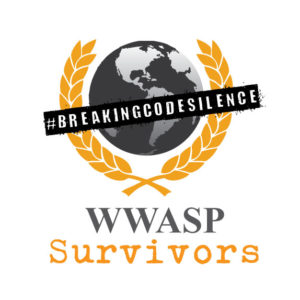
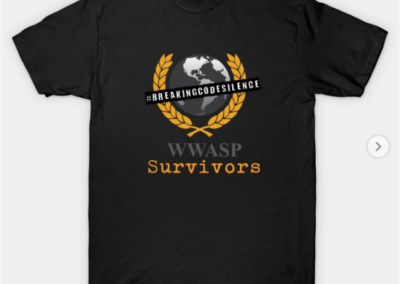
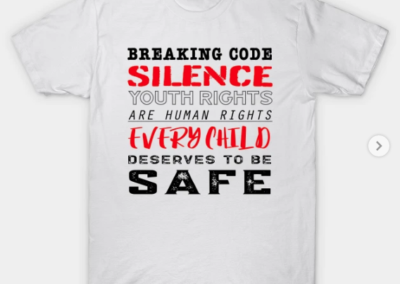
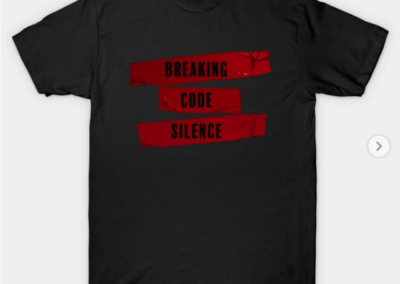
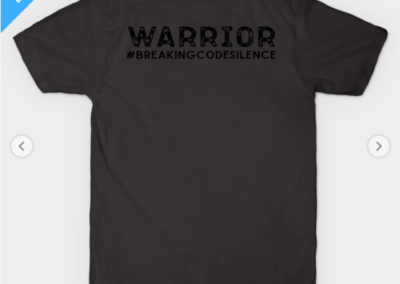
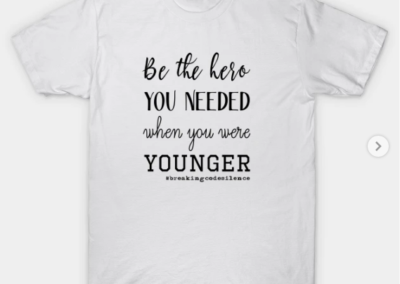
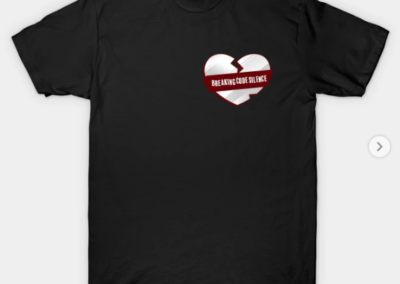
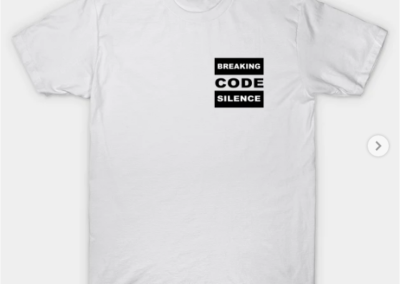
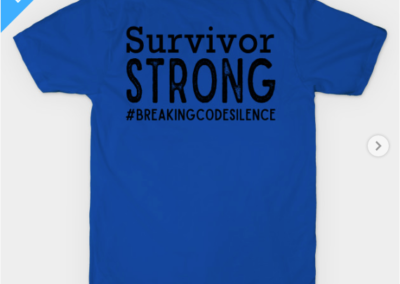
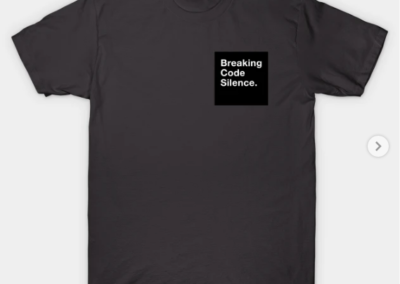
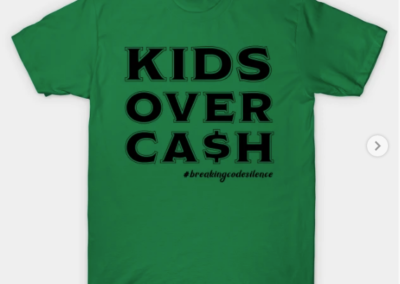
Thanks for the insight, terrifying how our brains mold when we’re treated like animals.